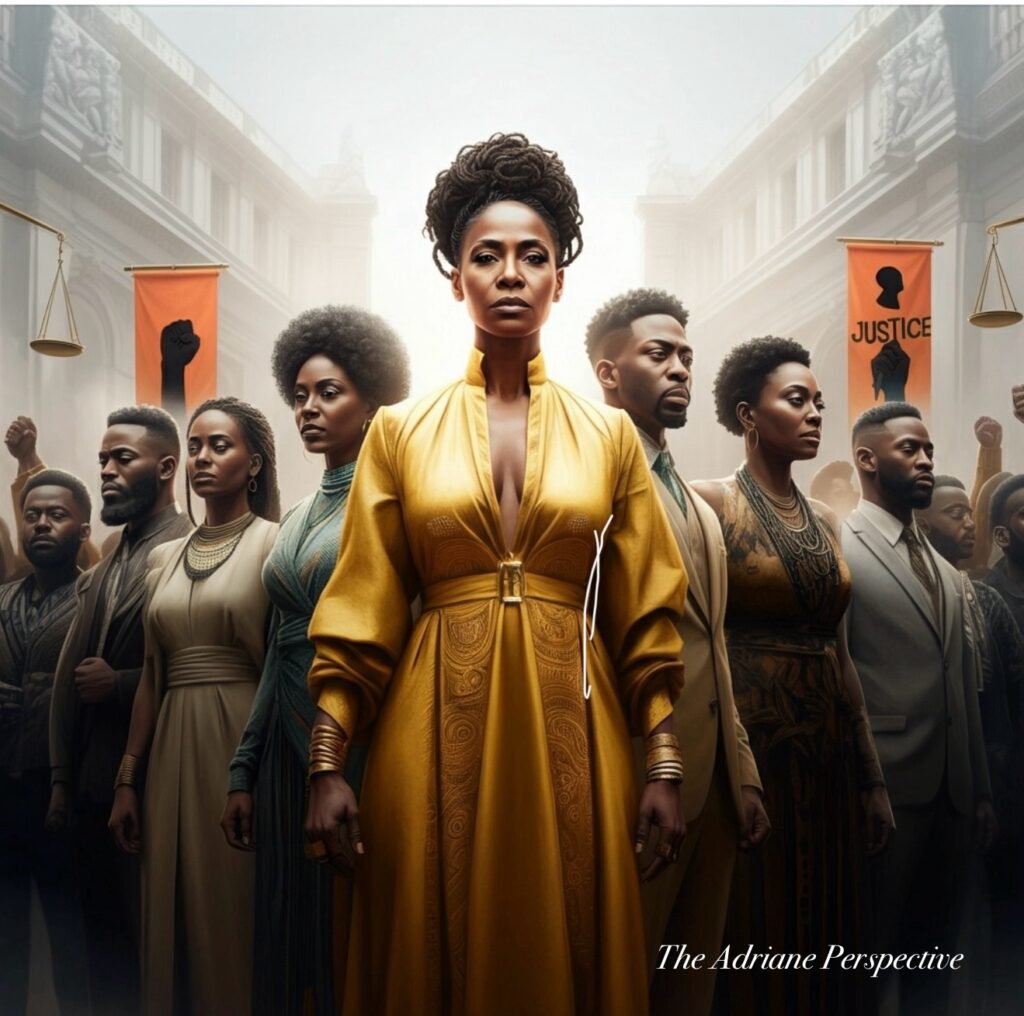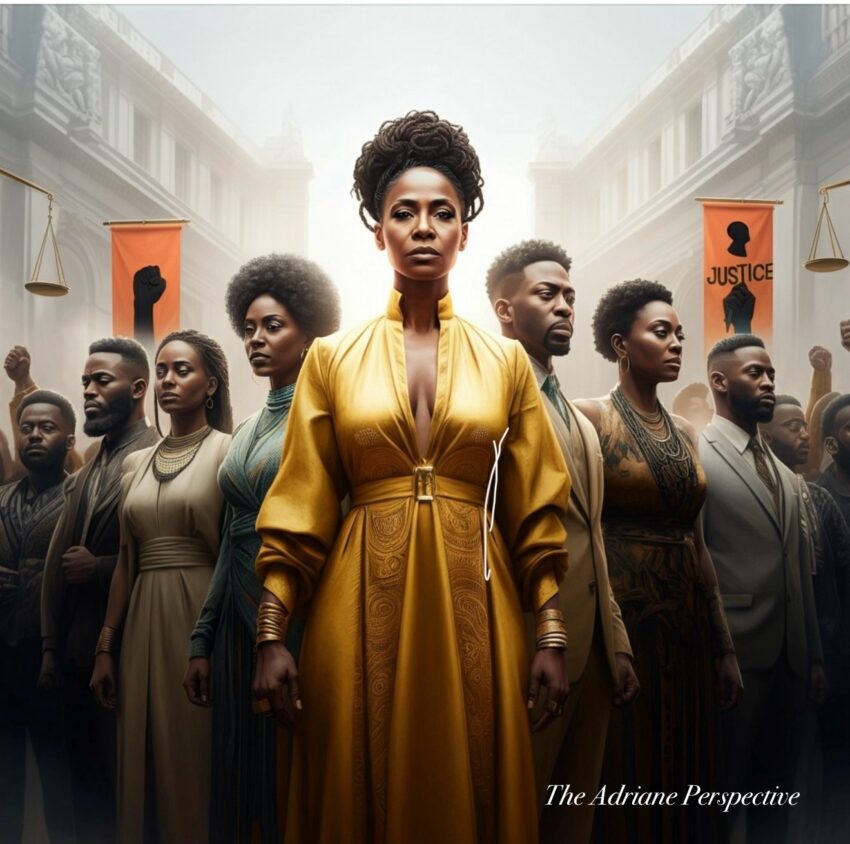The recent House Ethics Committee report on Matt Gaetz and the enduring legacy of the Black Panther Party’s Ten-Point Program present a stark reminder of the ongoing struggles Black communities face against systems designed to exploit, oppress, and silence us. From the abuse of power highlighted in the Gaetz investigation to the visionary demands of the Panthers, the message is clear: we must protect ourselves, build our own systems, and demand justice from the ground up.

1. How the System Protects Its Own
The Ethics Committee report exposes not just Gaetz’s misconduct but also how the Department of Justice shielded him from full accountability. Despite credible allegations of sexual misconduct, statutory rape, and obstruction of justice , the DOJ refused to share critical evidence with Congress. This lack of transparency isn’t just a bureaucratic oversight—it’s an intentional protection of power.
For Black communities, this isn’t new. Historically, systems of justice have failed to protect us while enabling those in power to escape consequences. The Department of Justice, like other institutions, is not immune to bias, privilege, and selective accountability.
Takeaway: We cannot rely solely on external systems for our protection. We must build parallel systems of advocacy, legal support, and accountability within our communities.
2. Lessons from the Black Panther Party
The Ten-Point Program laid out by the Black Panthers in 1966 remains shockingly relevant today . Points like:
• Point 1: We want freedom. We want power to determine the destiny of our Black and oppressed communities.
• Point 7: We want an immediate end to police brutality and murder of Black people.
• Point 5: We want decent education for our people that exposes the true nature of this decadent American society.
These demands weren’t just revolutionary—they were survival tactics. The Panthers understood that without economic stability, community control, and self-determination, Black people would remain vulnerable to exploitation and systemic violence.
Takeaway: Self-determination begins with community action. Education, economic independence, and grassroots organization are essential to building resilience against systemic oppression.
3. Key Steps for the Black Community Today
Step 1: Economic Empowerment
• Create and support Black-owned businesses.
• Build community financial literacy programs.
• Advocate for reparations and policy changes that address economic disparities.
Step 2: Community Control of Education
• Demand curricula that include accurate Black history and cultural representation.
• Invest in after-school programs and mentorship initiatives.
• Challenge school boards to address systemic bias.
Step 3: Health and Safety Infrastructure
• Develop community-based health initiatives.
• Support mental health programs specifically for Black communities.
• Build local crisis response teams as alternatives to law enforcement.
Step 4: Political Advocacy and Accountability
• Elect leaders who are accountable to our community’s needs.
• Demand transparency from public officials and institutions.
• Use collective action—protests, petitions, and boycotts—to hold systems accountable.
Step 5: Build Networks of Protection and Advocacy
• Support grassroots legal funds for vulnerable individuals.
• Build networks to protect whistleblowers and victims of abuse of power.
• Encourage civic participation at every level—local, state, and federal.
4. Starting from the Ground Up
The Panthers didn’t wait for systems to change—they built their own. From free breakfast programs to community health clinics, they created alternatives that served the people directly.
Today, we need to adopt a similar mindset. Systemic change starts with local action:
• Attend local government meetings.
• Build mutual aid networks.
• Train community members in advocacy and leadership.
Real power comes from collective action, knowledge, and resource-sharing.
5. Final Thoughts: A Call to Action
The Gaetz report serves as yet another reminder that systems protect their own and silence the vulnerable. The Department of Justice, through inaction and obstruction, played a role in denying justice to women who came forward. And in a system where privilege protects predators, Black communities cannot afford to wait for someone else to save us.
The Black Panther Party’s Ten-Point Program gave us a blueprint for self-determination and survival. It’s time to revisit those lessons, adapt them to our current struggles, and build power from within.
As Malcolm X said, “The future belongs to those who prepare for it today.”
Let’s prepare. Let’s organize. And let’s protect ourselves.
#BlackEmpowerment #CommunityControl #Accountability #JusticeForAll #ProtectBlackWomen

